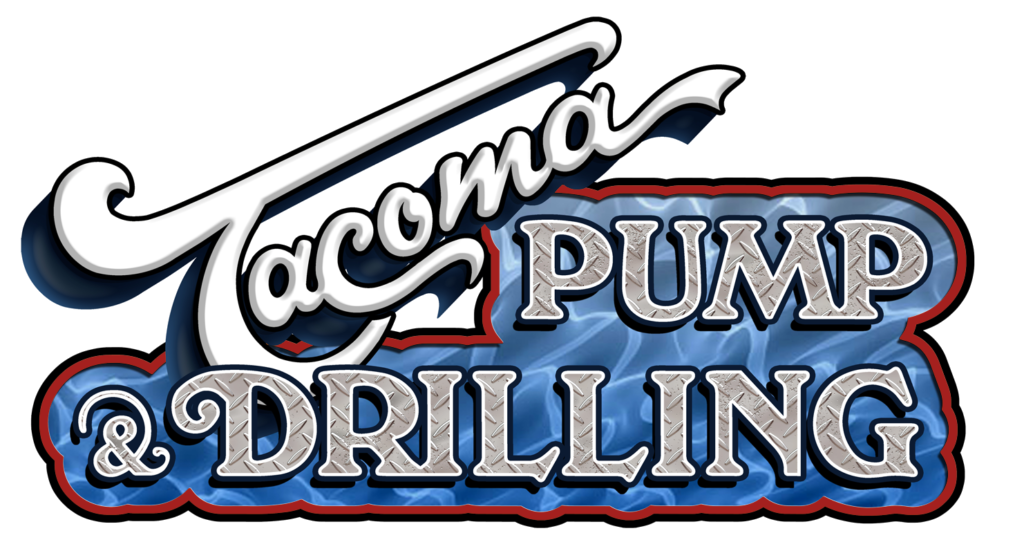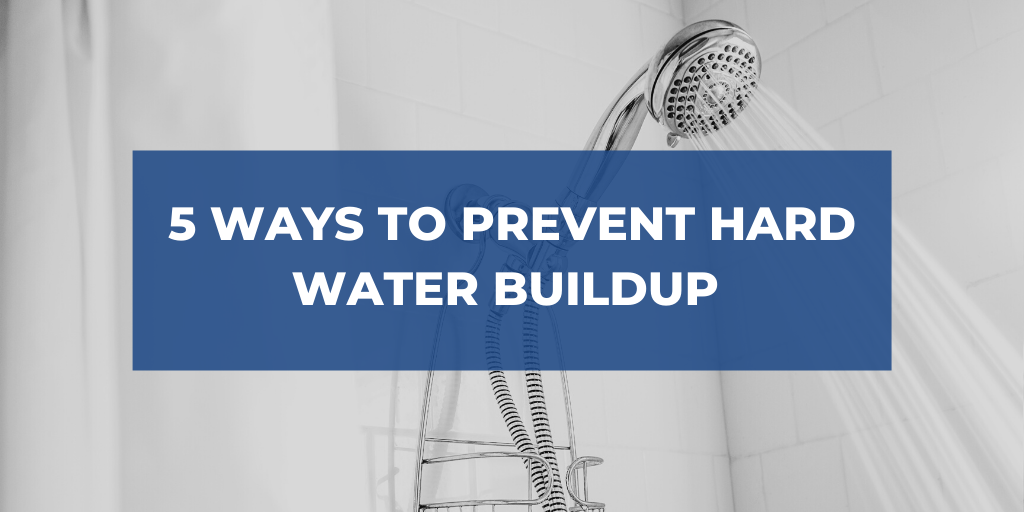Hard water buildup is a familiar challenge for residents who access drinking water from a well or aquifer. In Washington State, hard water is especially common as many towns and private homes utilize groundwater that is high in minerals.
How do you prevent the negative effects of this mineral-dense water on your home appliances, pipes, and even your clothes? While there is no perfect solution to hard water stains and buildup, we’ve provided 5 simple ways to help alleviate your hard water woes.
Hard Water and Your Home
The presence of excess levels of magnesium and calcium is what makes water “hard.” These minerals aren’t unhealthy for drinking. In fact, they are essential minerals and beneficial to human health.
Where hard water becomes an issue is its impact on your home appliances, dishes, clothes, and even your own skin. Here are just a few of the ways hard water affects your home:
- Water spots on your dishes after running them through the dishwasher. The calcium in the water creates a deposit on the surface of your dishes.
- Dingy-looking clothes. The mineral buildup causes the fabric to wear out faster.
- Mineral deposits or scale in your appliances. This can also reduce the lifespan of your machines.
- Difficulty washing the soap off your hands and body. You often feel a film that takes much longer to wash away.
- Dry skin or scalp. Hard water can impact the pH balance of your skin, inflaming eczema or causing dry, itchy skin.
- Low water pressure. The buildup of minerals clogs showerheads and pipes, leaving you with less than optimal water pressure.
Preventing these hard water issues looks different from home to home. Some homeowners and renters like to maintain the mineral-rich water for drinking, while others wish to remove the hard water altogether. If you have hard water in your home, we recommend exploring different options to see which works best for you.
5 Hard Water Buildup Solutions
The most straightforward way to solve hard water problems in the home is to simply remove the hard water. Many homeowners do this using a water softener system. This removes all the excess minerals in the water before it enters the home. While this method certainly removes the negative effects of hard water, it also removes the health benefits.
For those who wish to maintain the benefits of hard water for drinking, these five solutions will help keep your home free of stains and buildup.
Invest in a Descaler
Instead of a water softener, which removes the minerals from your water, consider investing in a descaler (also called a water conditioner). Where a softener removes minerals from your water (and often adds large amounts of sodium back into your water), a descaler only removes excess minerals. Find a salt-free descaler and you’re on your way to mineral-rich water that doesn’t leave hard water stains and buildup.
Wipe Surfaces Dry
Part of the problem with hard water is that it leaves stains or scale when it dries on surfaces. To prevent this, try drying any surfaces once you are done using water. This looks like using a squeegee on shower doors and wiping your kitchen sink after washing the dishes.
Keep White Vinegar on Hand
White vinegar is one of the best all-natural solutions for cleaning hard water stains. The calcium buildup from the water reacts to acids like vinegar. For scale buildup on your showerhead, try tying a bag of one part vinegar and one part water so that the showerhead rests in the water. Scrub clean with a toothbrush or small brush after soaking. Vinegar is also a great solution for keeping appliances clean. To keep your dishwasher running optimally, put one cup of vinegar in the empty dishwasher and run a wash cycle.
Create a Lemon Juice Spray
Like vinegar, lemon juice also combats hard water stains. Create a water/lemon juice spray solution and use it in places that get a lot of buildup; shower curtains, faucets, handles, and sinks.
Lower Your Water Temperature
Mineral buildup is especially prevalent in hot water. This reduces the life of your hot water heater. To slow the buildup of hard water scale, try reducing the temperature of your heater. Remember, this won’t reduce scale entirely, just slow it down. It’s still important to flush your heater regularly to keep scale from clogging the unit.
Is hard water an issue in your home? What solution do you recommend to keep the water stains at bay? We would love to know! Share your thoughts in the comments!

